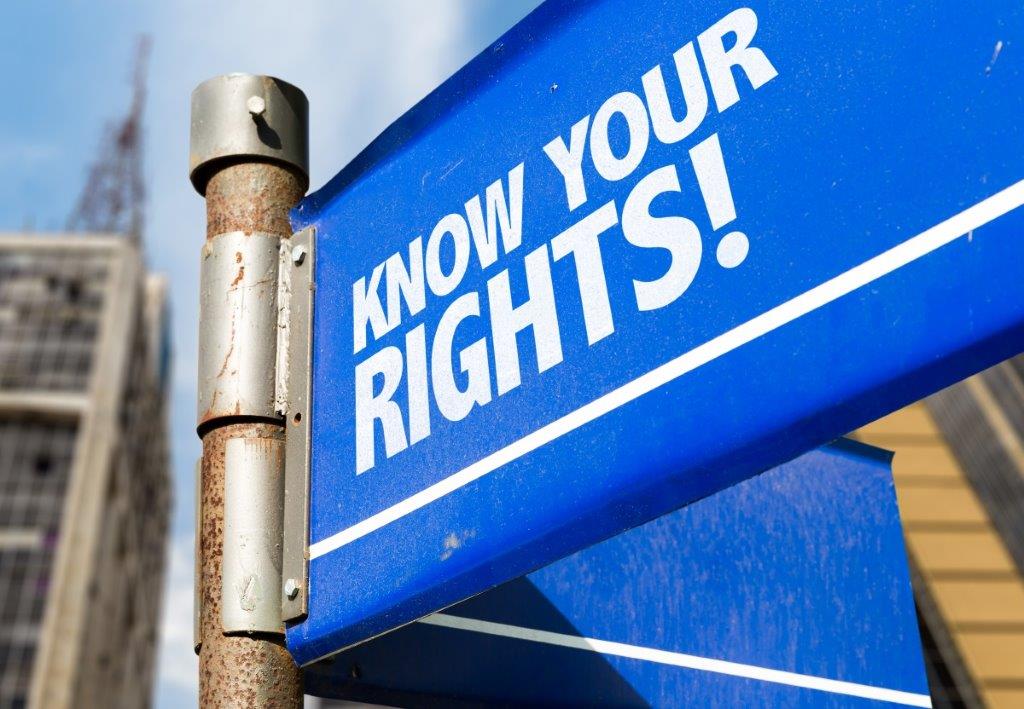Do you really know who you are dealing with when you buy goods online? Do you know what your consumer rights are? And who is to blame if things go wrong? These are all questions which consumer advice organisation the UK European Consumer Centre (UK ECC) urges consumers to think about when buying online in the run-up to Christmas.
When you shop online, are you buying direct from the seller or are you buying from an online marketplace (a website where traders and private individuals list and sell products)? An online marketplace doesn’t always directly own or possess the goods it is selling. Sometimes it is not involved in the fulfilment (the process or business of handling and executing customer orders such as packing, shipping or procession checks).
Laura Johnston, UK European Consumer Centre (UK ECC) consumer advisor, said: “Purchases from online marketplaces are a big part of everyday life. An online marketplace is a website or platform that enables individuals or businesses to sell goods online. Often the platforms don’t own the goods being sold.
“It’s important for consumers to remember that not only do consumers have fewer rights when they buy from a private seller, compared to if they buy from a business, but their rights are not the same across all online trading platforms. And consumers often don't know that their rights might be different. Consumers have limited, if any rights they can use against the online marketplace itself, as any purchase made online means that the contract is with the seller and not the marketplace.”
The UK ECC offers these tips for buying from online marketplaces:
• Make sure you know who are you buying from Online marketplaces will often indicate who the goods are being sold by and if so, you can often visit the seller's page. This way you can establish whether or not it is an individual seller or a business.
• Who is to blame if things go wrong? Your consumer rights are with the seller of the goods, not the marketplace itself. The best way of thinking about this is to imagine you’re in an actual marketplace: if you purchase goods from the stallholder, that's who your rights are with; not the owner of the marketplace.
Research in 2018 by Citizens Advice and Harris Interactive polling showed that over 50% of customers don’t know they have fewer rights when they buy from a private seller, compared to if they buy from a business. If you buy from a private seller the principle of “buyer beware” applies. This means while the seller can’t misdescribe the item, they can omit information.
For example, if a laptop is described as being a silver laptop in “excellent working condition” but it’s faulty, you could ask for your money back. But if “excellent working condition” is missing from the description, you won’t be able to.
If you need more advice on your online purchase, contact our consumer advisers on 01268 886690 or email us at [email protected]
